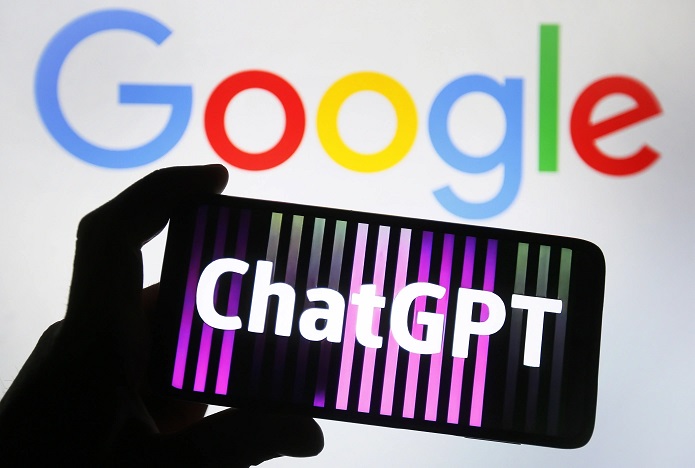
Google is rushing to take part in the sudden fervor for conversational AI, driven by the pervasive success of rival OpenAI’s ChatGPT. Bard, the company’s new AI experiment, aims to “combine the breadth of the world’s knowledge with the power, intelligence, and creativity of our large language models.” Not short on ambition, Google!
The model, or service, or AI chatbot, however you wish to describe it, was announced in a blog post by CEO Sundar Pichai. He pointedly notes Google’s recentering around AI some years back, as well as the fact that the most influential concept (the Transformer) was created by the company’s researchers in 2017.
“It’s a really exciting time to be working on these technologies as we translate deep research and breakthroughs into products that truly help people,” Pichai writes. It’s hard not to wonder while reading this how Google managed to get leapfrogged so decisively by OpenAI, the latter of which is now synonymous with the technologies the former pioneered.
The short explanation is that tech moves fast and big companies move slow, and while Google released paper after paper and tried to figure out how to fit AI into its existing business strategies, OpenAI has focused on making the best models and let people figure out their own applications.
Bard shows Google taking a page from that playbook, releasing a “lightweight” version of the model for testing purposes. The model uses Google’s own LaMDA (Language Model for Dialogue Applications) to power a conversational AI that can also draw on information from the web. How exactly it does that is not clear from the blog post, but it appears to at least keep more or less current.
Bard “help[s] explain new discoveries from NASA’s James Webb Space Telescope to a 9-year-old, or learn more about the best strikers in football right now, and then get drills to build your skills.”
https://techcrunch.com/
Showing that there’s real investor enthusiasm for identity management platforms, Saviynt, which enables companies to secure apps, data and infrastructure in a single platform, today announced that it raised $205 million in debt from AB Private Credit Investors’ Tech Capital Solutions group. Founder Sachin Nayyar, who returned to Saviynt as CEO this week alongside newly appointed […]
Last week, the video game giant Riot Games revealed that hackers had compromised its “development environment” — where the company stores its source code — with a social engineering attack. While the company reassured its users that “there is no indication that player data or personal information was obtained,” the hack could still be damaging, as hackers […]
The Housing Authority of the City of Los Angeles, or HACLA, has confirmed it is investigating a cybersecurity incident shortly after the LockBit ransomware gang claimed responsibility for a cyberattack on the agency. HACLA, which provides affordable housing to more than 19,000 low-income families across Los Angeles, was added to LockBit’s dark web leak site on […]
Leave a Reply